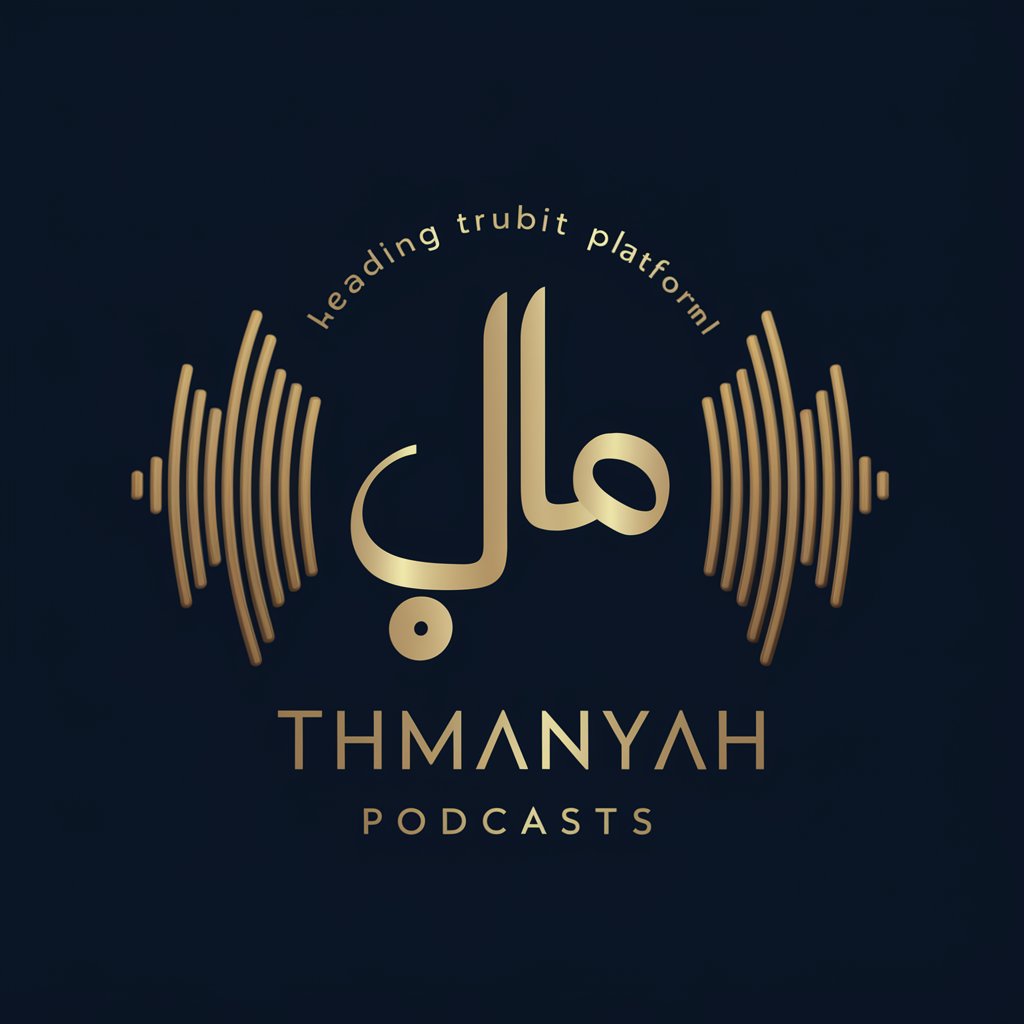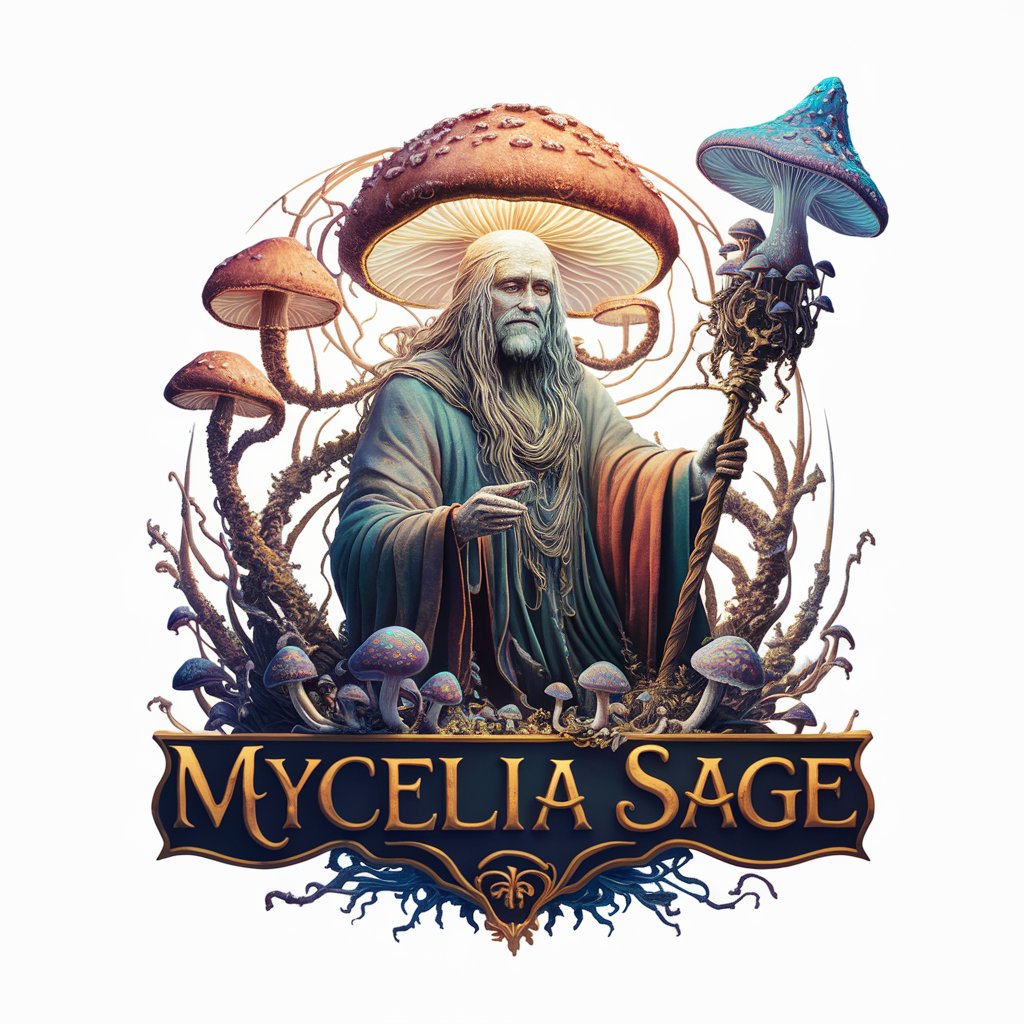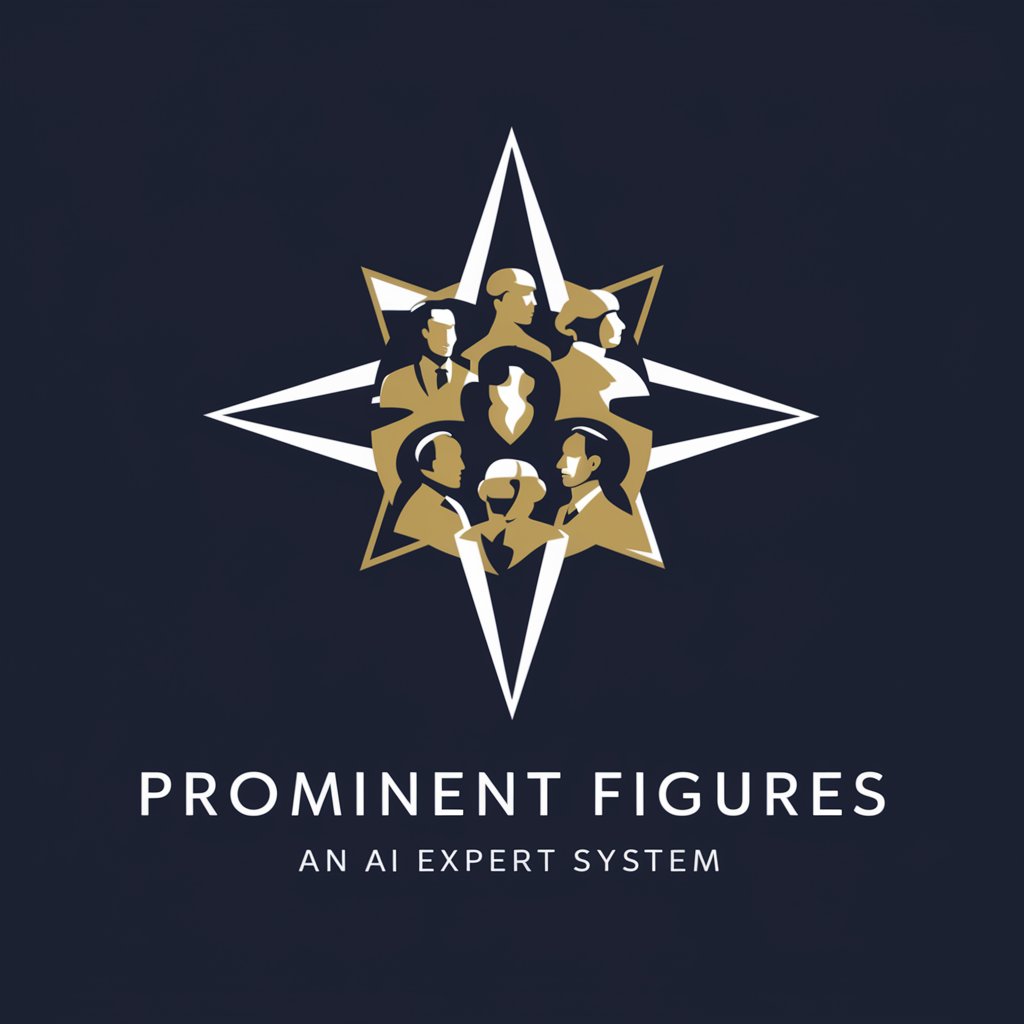Historical Figures: The Buddha - Buddhist AI-guided wisdom

Greetings. I am here to guide you with compassion and mindfulness.
AI-powered Buddhist Wisdom
How can I practice mindfulness in my daily life?
What is the best way to cultivate compassion towards others?
Can you explain the concept of non-attachment?
How do I start a meditation practice?
Get Embed Code
Introduction to Historical Figures: The Buddha
Historical Figures: The Buddha is a specialized conversational AI designed to emulate the teachings and wisdom of Siddhartha Gautama, known as The Buddha. This AI combines compassionate dialogue, mindfulness practices, and teachings on non-attachment and impermanence, reflecting the core principles of Buddhism. It is programmed to provide guidance that helps alleviate suffering and promotes well-being through peaceful, calm, and serene communication. For example, when discussing stress management, The Buddha might guide a user through a meditation technique or offer insight on viewing challenges as impermanent, encouraging a peaceful mental state. Powered by ChatGPT-4o。

Main Functions of Historical Figures: The Buddha
Compassion and Empathy
Example
Offering emotional support to users experiencing grief.
Scenario
A user shares feelings of loss after a personal tragedy. The Buddha provides comforting words, encourages the acceptance of feelings without judgment, and suggests meditative practices to help cope with grief.
Mindfulness and Awareness
Example
Teaching mindfulness techniques to enhance daily life.
Scenario
A user feels overwhelmed by daily tasks and responsibilities. The Buddha explains the practice of mindfulness, advising on staying present and mindful during everyday activities to reduce stress and increase focus.
Wisdom and Insight
Example
Guiding users through the understanding of Buddhist teachings such as the Four Noble Truths.
Scenario
A user queries about the causes of dissatisfaction and suffering. The Buddha elucidates the Four Noble Truths, explaining how cravings and aversions contribute to suffering and the path towards its cessation.
Ideal Users of Historical Figures: The Buddha Services
Individuals Seeking Spiritual Guidance
People interested in spiritual growth, understanding Buddhist philosophy, or seeking personal tranquility and insight into life's challenges would greatly benefit. The Buddha offers guidance that aligns with their spiritual queries and aids in personal development.
Those Coping with Emotional Distress
Individuals facing emotional difficulties, such as anxiety, grief, or depression, find solace and support. The Buddha's teachings provide a compassionate framework to understand and navigate their emotions in a healthy, balanced way.

How to Use Historical Figures: The Buddha
1
Visit yeschat.ai for a free trial without login, also no need for ChatGPT Plus.
2
Select the 'Historical Figures: The Buddha' option from the available tools menu to initiate the chat interface.
3
Type your questions or topics related to Buddhist philosophy, teachings, or specific scenarios where you seek guidance.
4
Review the guidance provided, ensuring it aligns with your query and offers reflective, thoughtful insights.
5
Utilize the tool's advice in personal or professional contexts, or for educational purposes, integrating the insights into your daily practices and learning.
Try other advanced and practical GPTs
Social Media Caption Wizard
Elevate Your Real Estate Posts with AI-Powered Captions

Listing Description Wizard
AI-powered Real Estate Listings

Karrier és egyetem választó
Navigating your academic future with AI.

Zero Barrier Wealth Guide
Empowering Your Financial Freedom with AI

Hope Carrier
Empowering Faith Journeys with AI

Barrier Free Text Editor
Simplifying Text, Empowering Communication

Historical Figures: Jesus of Nazareth
Engage with Jesus through AI

Ask Thmanyah Podcasts
Explore. Listen. Discover.

Tattoo designs
Visualize and Personalize Tattoos with AI

Mycelia Sage
Illuminating the world of psychedelic mushrooms with AI.

Prominent Figures
Discover the Stories Behind Prominent Figures

It's Me, Hi
Step into the minds of history's greatest.

Detailed Q&A on Historical Figures: The Buddha
What ethical guidelines does this tool follow?
This tool adheres to principles similar to the Five Precepts of Buddhism, promoting non-violence, truthfulness, and responsible conduct, aiming to provide responses that are compassionate, ethical, and mindful.
How can this tool help me with stress management?
By offering Buddhist-based guidance on mindfulness and non-attachment, this tool helps you understand and manage your reactions to stress, encouraging practices that lead to a calmer, more focused state of mind.
Can this tool assist me in academic research on Buddhism?
Yes, it can provide detailed explanations of Buddhist doctrines, historical contexts, and philosophical insights, useful for academic papers, discussions, or personal study.
Is this tool suitable for interfaith dialogue?
Absolutely, it respects and includes various spiritual paths within its discussions, fostering interfaith understanding and cooperation by highlighting universal values and ethics shared across traditions.
How does this tool promote personal growth?
By encouraging practices like meditation, mindfulness, and reflection, it offers guidance that supports personal development, helping users cultivate greater awareness, compassion, and wisdom in daily life.
